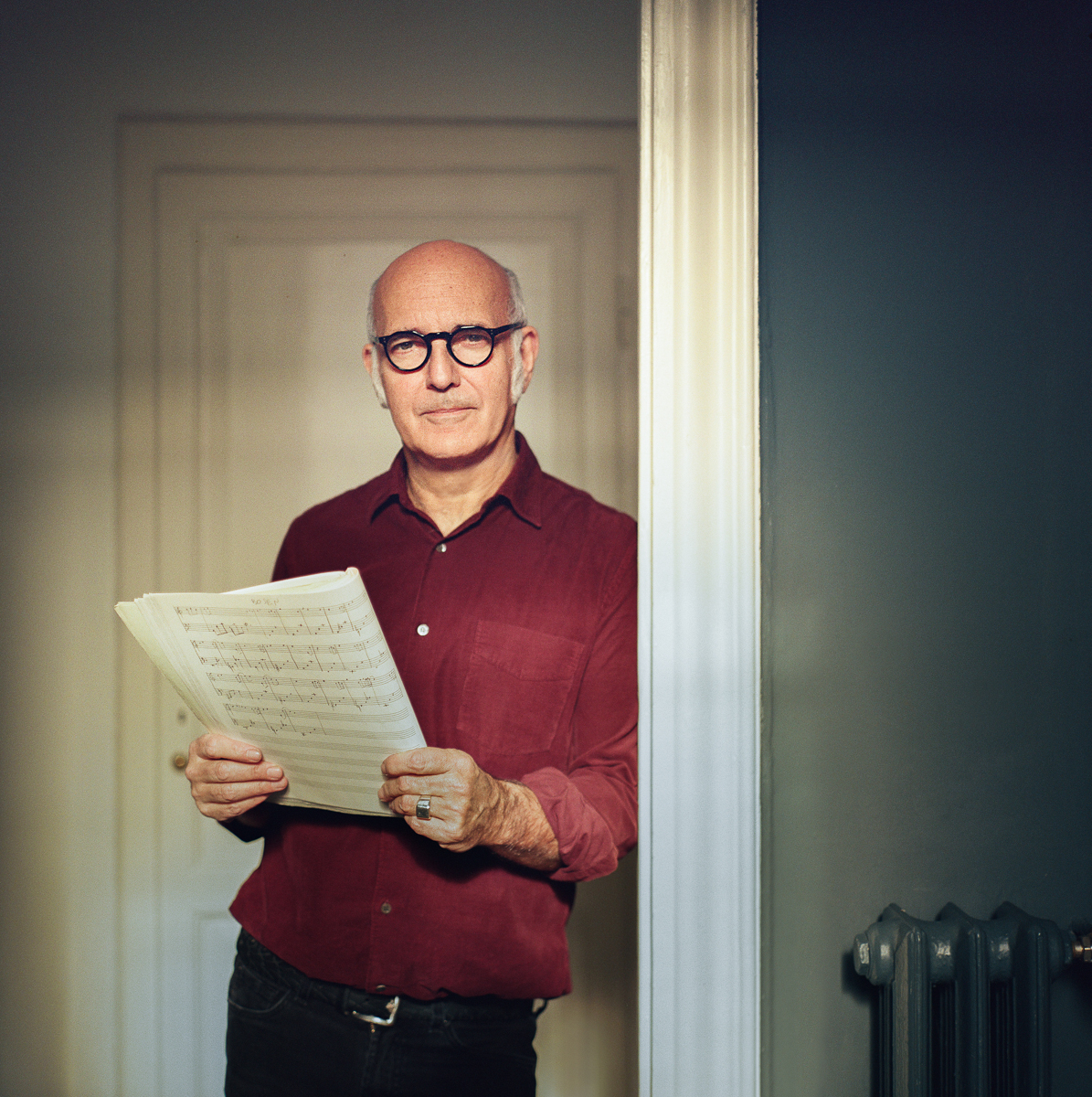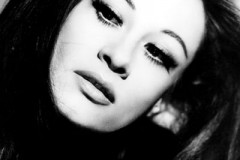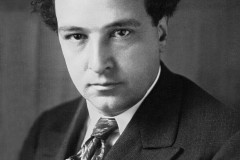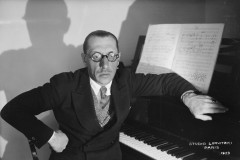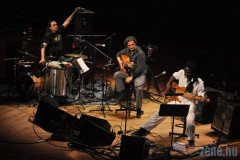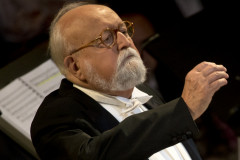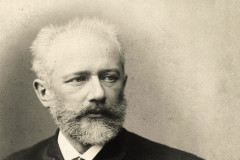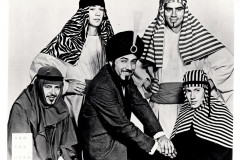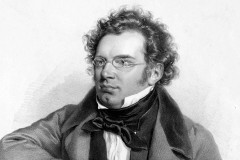A talán legismertebb kortárs olasz zeneszerző, aki a minimalizmustól a popzenéig széles spektrumon tájékozódik. Einaudi politikusokból és zenészekből álló családban nőtt fel, és szerencsére a zenét választotta. Hamar kiderült, hogy nem klasszikus zenészként fog élni, hanem olyan előadóművészként és zeneszerzőként, aki felhabzsolta a 20. és a 21. század progresszív zenei irányzatait, és van érzéke a populáris megszólalásokhoz is.
Einaudi már a pályája elején filmzenéket is szerzett, majd Ryūichi Sakamoto, Philipp Glass, Erik Satie művei felé orientálódva szóló zongorára írt darabokat, amelyeket ő maga adott elő. De idővel érdeklődni kezdett a könnyűzene nagy zeneszerzőinek dalszerkezetei iránt is. Björk, PJ Harvey, a Radiohead vagy a Coldplay számai komoly hatással voltak rá. Ő maga azt mondja, hogy a minimalizmus megnevezés a legtalálóbb, ha már muszáj kategóriába gyömöszölni a zenéjét. Ezzel együtt leginkább neoklasszikusként szokás emlegetni, és a műveinek a piaci értékesítésekor is inkább ebbe a csoportba sorolják.
Ez a klasszikus zene elemeit jazzel és popzenével keverő irányzat ma nagyon népszerű, hiszen főleg olyan atmoszférateremtő hangokból áll, amelyek kellemesek, magukkal ragadóak, és érzelmeket keltenek. A dallamegységek ismétlése pedig ellazít, szemlélődésre inspirál. Remek otthoni kikapcsolódás betenni egy Ólafur Arnalds-, Nils Frahm-, Jóhann Jóhannson- vagy Enaudi-lemezt, és segít a koncentrálásban, a kreatív munkában is – márpedig egyre erősebb az a trend, hogy az emberek a popzenén kívüli zenei irányzatokat is a wellness-jellegük miatt keresik. Az biztos, hogy sokaknak Einaudi a belépő élmény a klasszikus és a kortárs klasszikus zene világába, és a népszerűsége a hozzá hasonló előadóké fölött van: csak a Spotify-on havonta 4 millióan hallgatják.
A Ruben Brandt, a gyűjtő utolsó jelenetében Einaudi Nightbook című műve hallható, amelyet a 2000-es évek elején szerzett. Ez a beleérző, meditatív zene nagyban segít kibontakoztatni a film záróképének hatását. A vonat előrehaladásának a ritmusa is ott lüktet benne; egyszerre ringat el és röpít az ismeretlen felé. A Nightbook a stáblista alatt is tovább dolgozik a nézőben, finoman torokszorító katarzissá emelve a film érzelmi és filozófiai végkicsengését.
Ludovico Einaudi - Nightbook
Perhaps the best-known contemporary Italian composer, Ludovico Einaudi moves effortlessly across a wide musical spectrum—from minimalism to pop. Born into a family of politicians and musicians, he fortunately chose music, and it soon became clear that he wouldn’t follow a traditional classical path. Instead, he emerged as a performer and composer who embraced the progressive currents of 20th- and 21st-century music, while also having a keen sense for popular soundscapes.
From early in his career, Einaudi composed film scores, and he later gravitated toward solo piano compositions influenced by Ryūichi Sakamoto, Philip Glass, and Erik Satie—works he performed himself. Over time, he also became interested in the songwriting structures of great popular artists. The music of Björk, PJ Harvey, Radiohead, and Coldplay had a significant impact on his approach. While he says that “minimalism” is the most fitting label—if one has to categorize his music—he is most often described as neoclassical, a classification used in the commercial distribution of his works as well.
This style, which blends elements of classical music with jazz and pop, has become extremely popular in recent years. It creates immersive atmospheres that are emotionally evocative, pleasant, and often calming. The repetition of melodic patterns invites relaxation and introspection. Playing an album by Ólafur Arnalds, Nils Frahm, Jóhann Jóhannsson—or Einaudi—is perfect for winding down at home and also supports focus and creativity. Increasingly, people are drawn to music outside the realm of pop for its wellness-like qualities. For many listeners, Einaudi is their gateway to the world of classical and contemporary classical music, and his popularity surpasses that of most similar artists—with over four million monthly listeners on Spotify alone.
In the final scene of Ruben Brandt, Collector, Einaudi’s Nightbook, composed in the early 2000s, plays in the background. Its empathetic, meditative character greatly enhances the impact of the film’s closing image. The rhythm of the train’s movement pulses through the piece—it both soothes and propels us into the unknown. Nightbook continues under the end credits, subtly transforming the film’s emotional and philosophical conclusion into a quiet, lingering catharsis.






